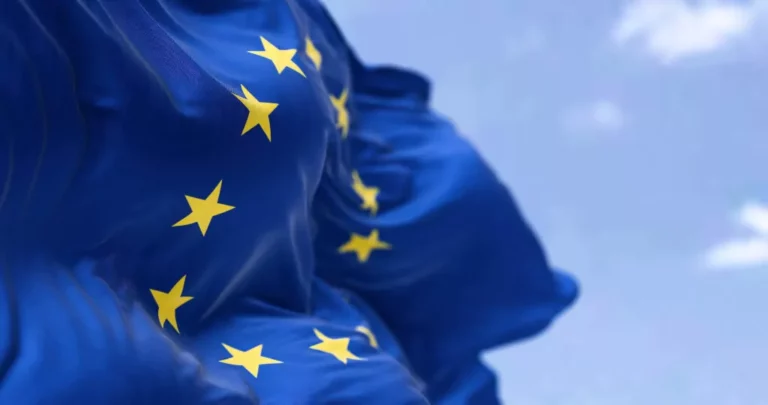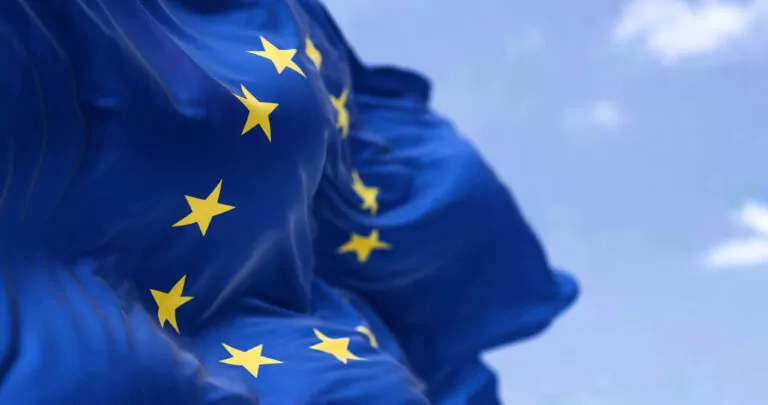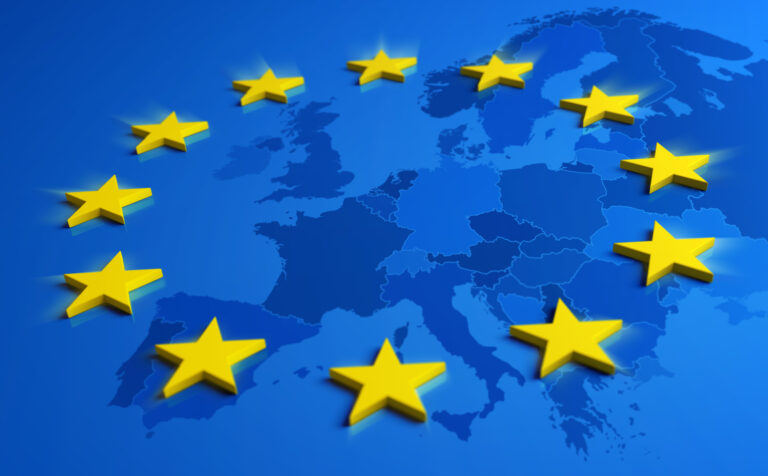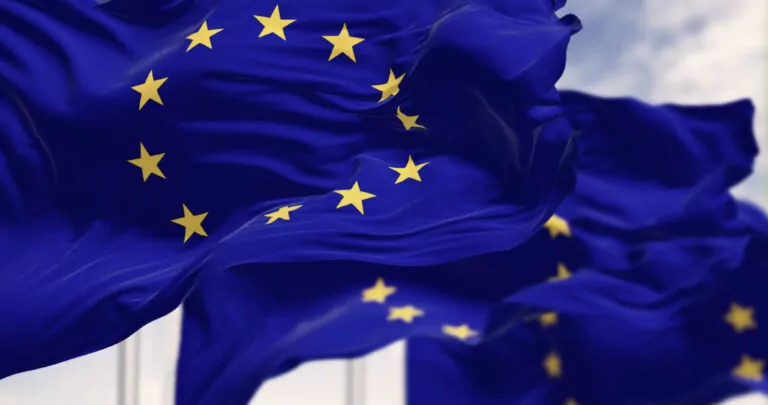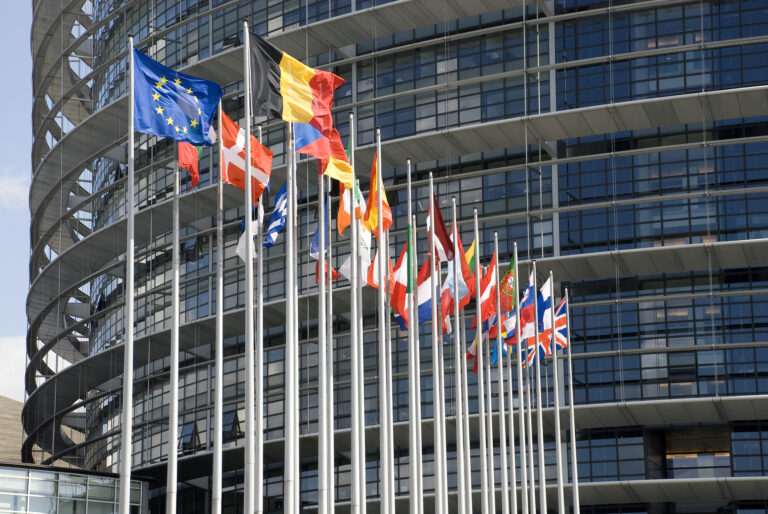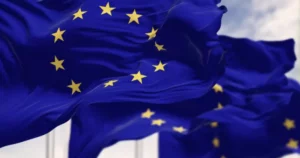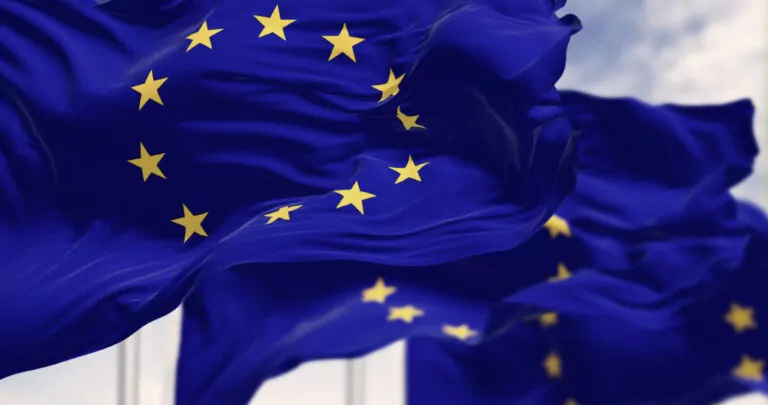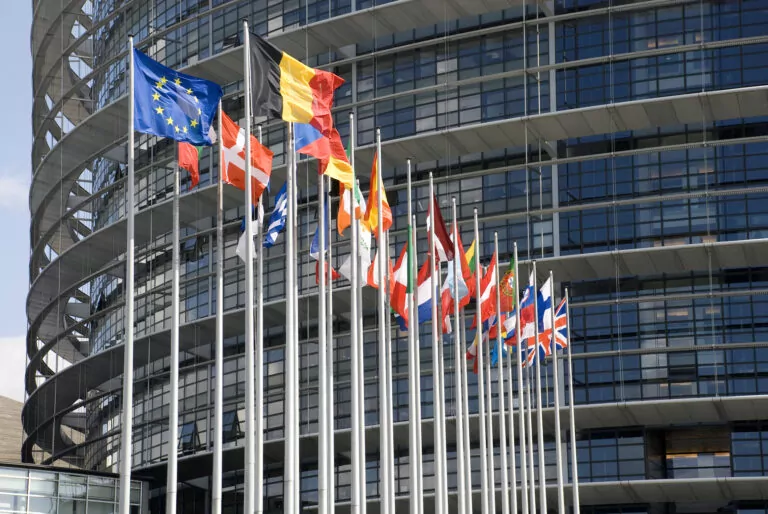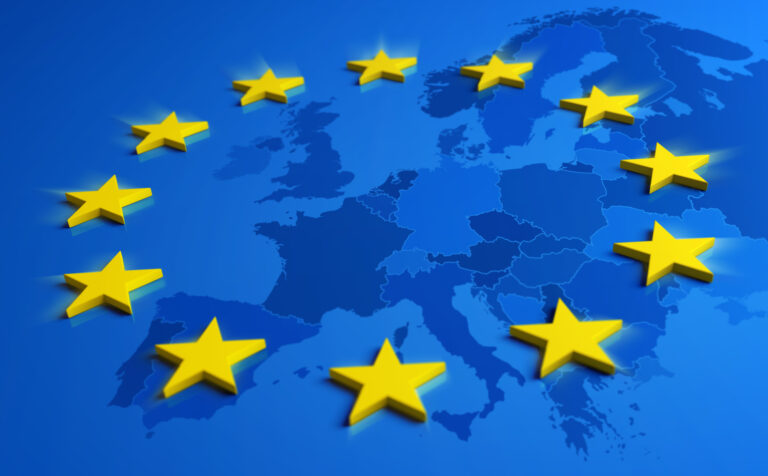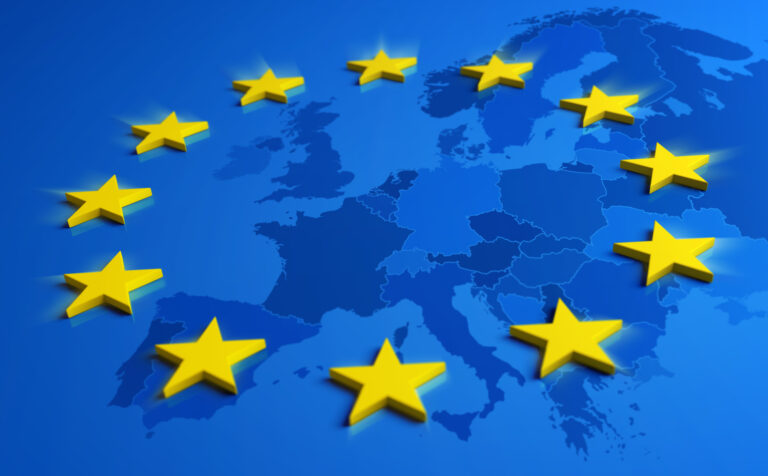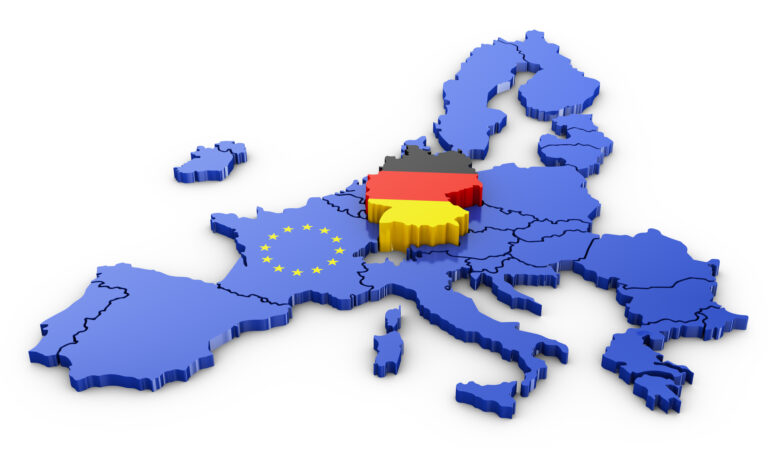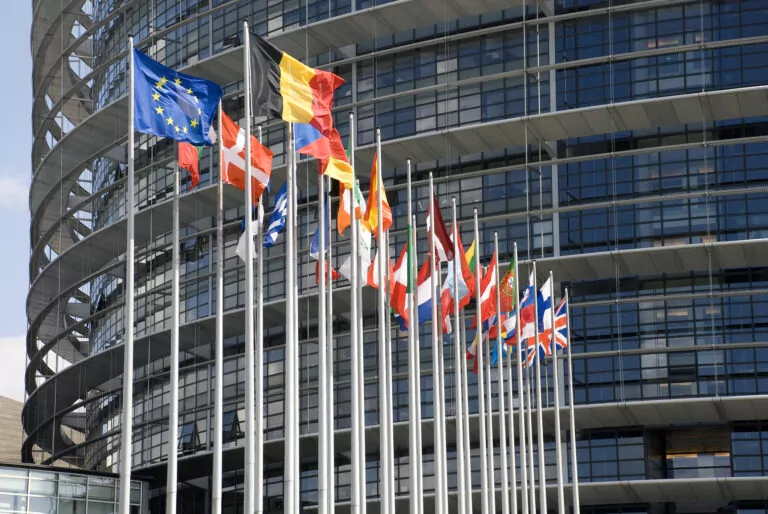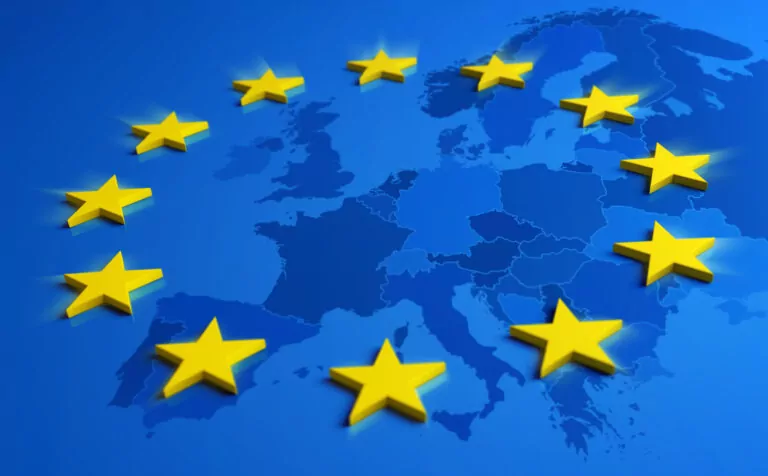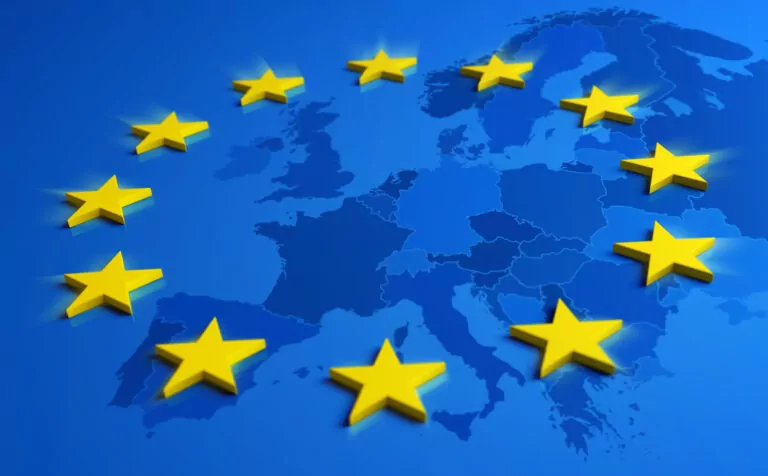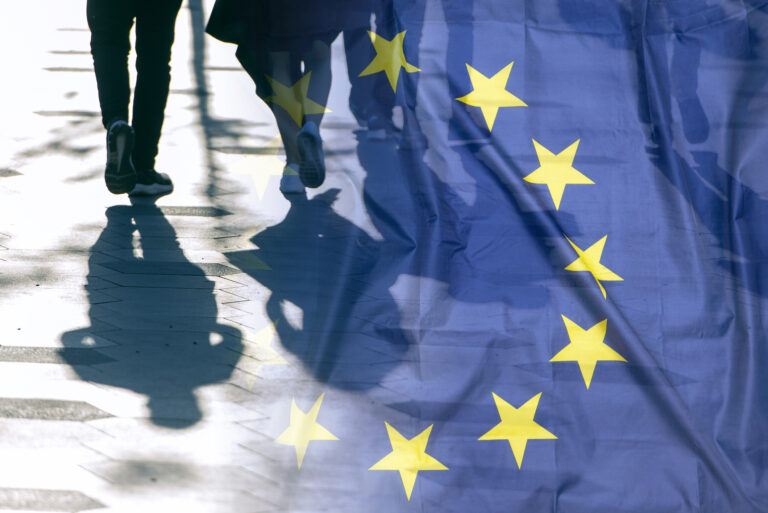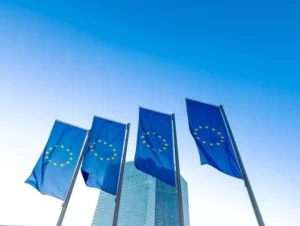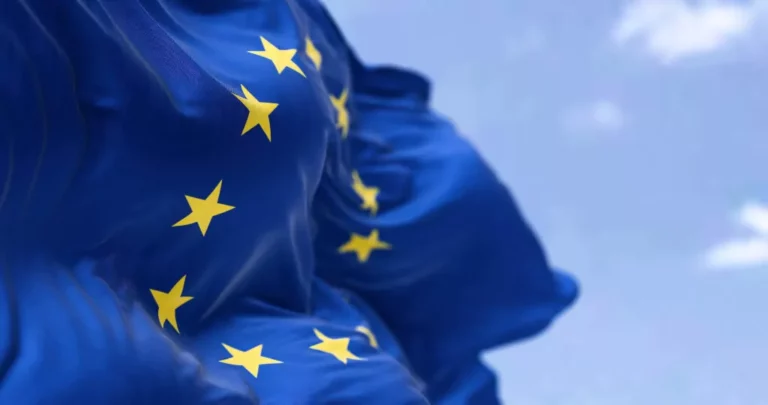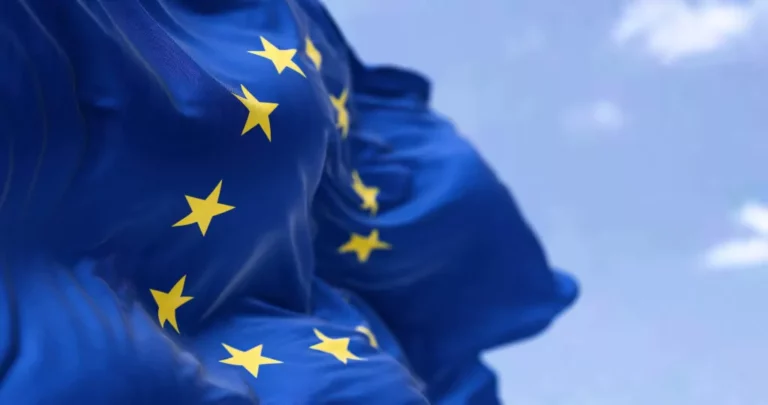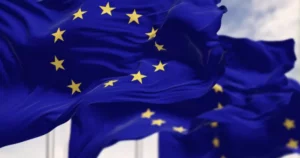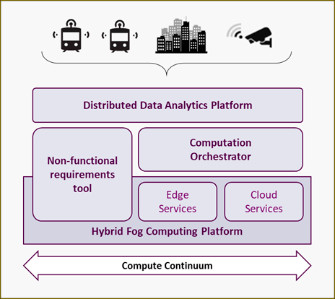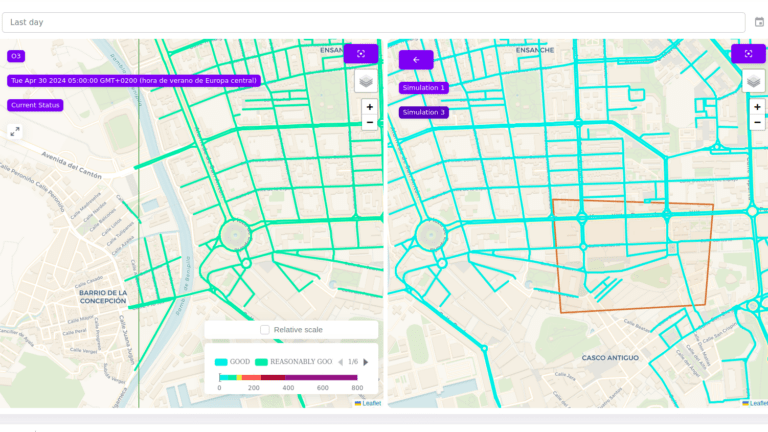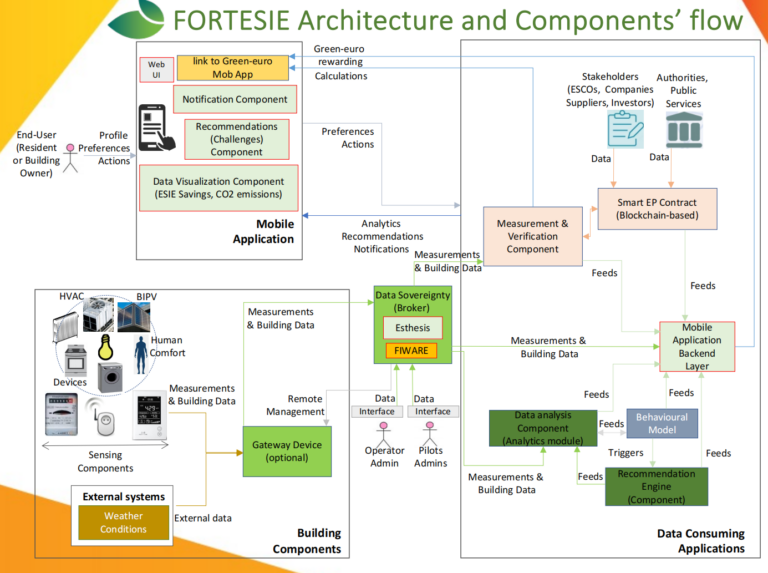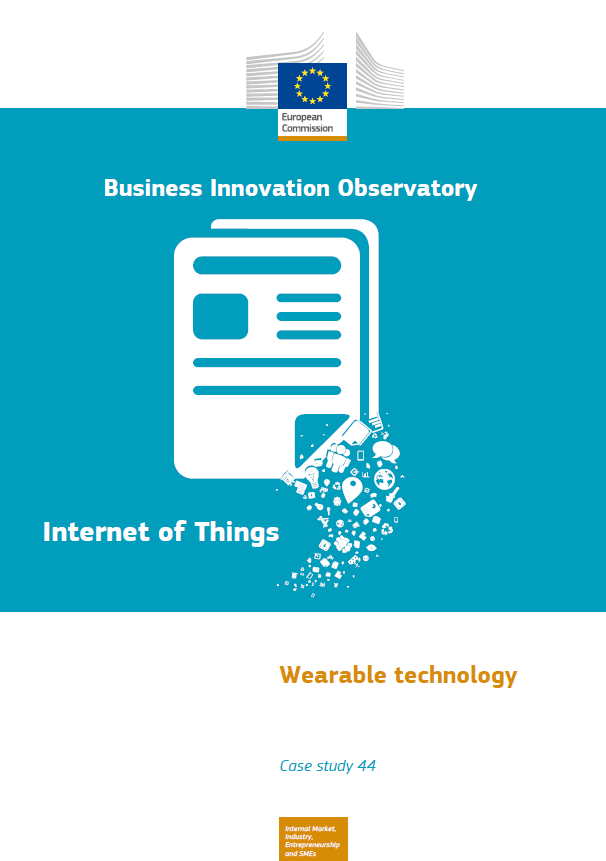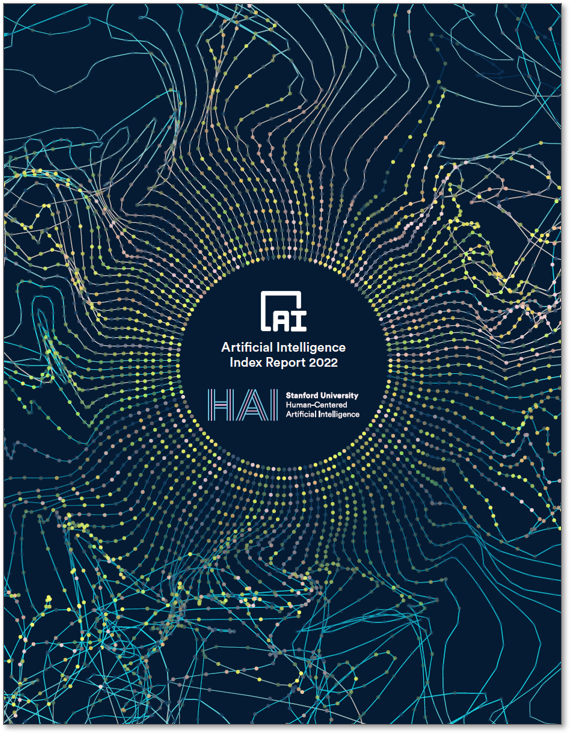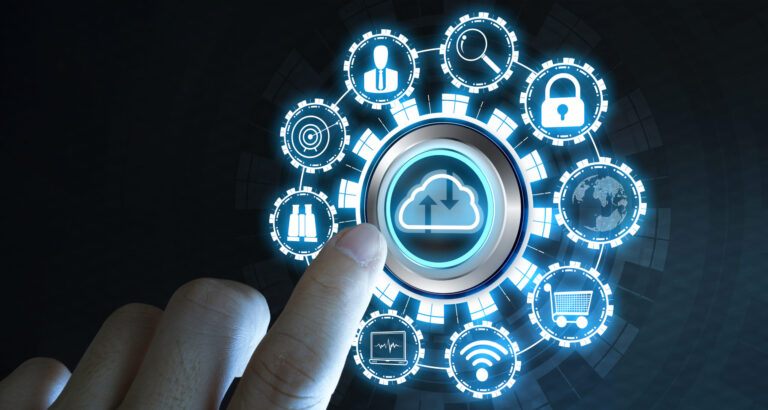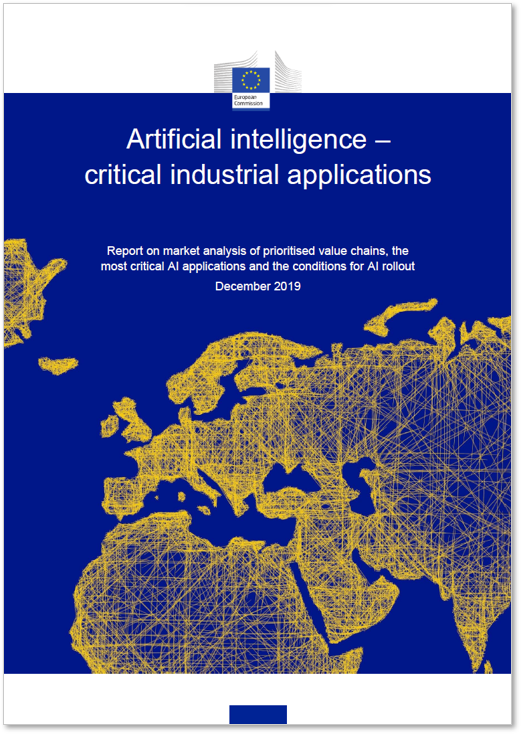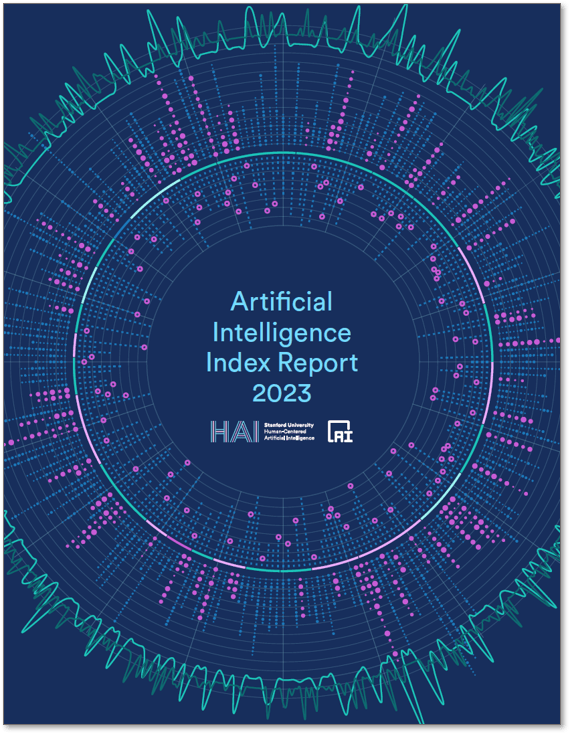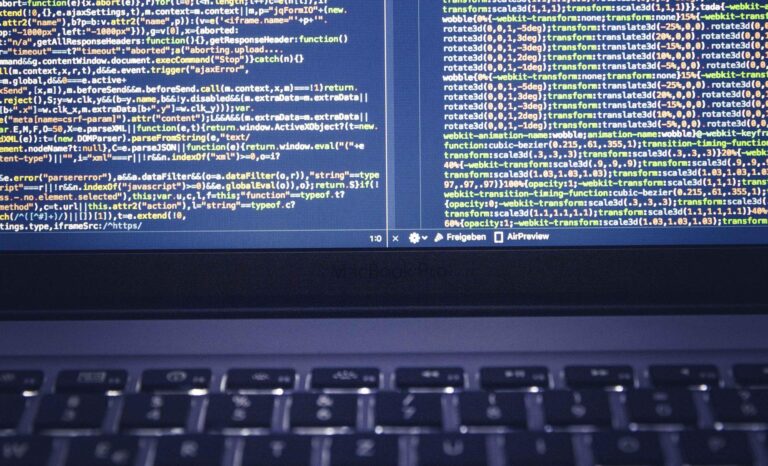Add to favorites:
Share:
Project results are expected to contribute to all of the following expected outcomes:
- Energy efficiency is enhanced and CO2 emissions are reduced in fisheries and/or aquaculture, without harming the ecosystem and biodiversity;
- Measurable reduction in energy use and the costs associated with energy-intensive operations in the fisheries and aquaculture sector, increasing resilience and leading to improved economic sustainability and operational safety;
- Wider adoption and application of digital solutions, including artificial intelligence and data analytics, for efficient energy management and decision-making in the fisheries and aquaculture industries;
- Improved understanding of technical, social, legal, regulatory and policy barriers to the uptake of digital solutions for a sustainable energy transition of the sector;
- Establishment of best practices for enhanced fisheries and/or aquaculture management and contribution to the development of standard;
- Enhanced digital and energy efficiency related skills.
The fisheries and aquaculture sectors, including algae, are critical components of the global food system, contributing significantly to food supply, food security and sustainable economic growth. Energy, specifically fuel consumption, is one of the major cost items in the European fisheries and aquaculture sector, putting the economic viability of the European fleet and aquaculture activities under tremendous pressure during periods of high energy prices. Moreover, this fuel usage contributes to CO2 and other emissions, including underwater noise. Innovative solutions are needed to transform the energy landscape of the fisheries and aquaculture, making these critical industries more sustainable, resilient, and economically viable.
Projects under this topic will demonstrate how digital technologies can address the need to reduce energy consumption and associated economic and environmental costs in European fisheries and/or aquaculture and provide real-time, accurate, and actionable data and information to reduce energy use. This can include the use of advanced (remote) sensing technologies and monitoring devices, Internet of Things, artificial intelligence, data-driven approaches and data analytics, robotics and automation.
Each proposal should identify explicitly the basin being addressed, i.e.: 1. Atlantic and Arctic sea basin or 2. Mediterranean Sea basin or 3. Baltic and North Sea basin or 4. Danube River basin (including its delta and the Black Sea). Only one basin per proposal should be addressed. Activities should be tailored to address regional/sea basin specificities.
Projects should carry out demonstration activities, proving in real conditions, the operational feasibility and economic viability of digital solutions to enhance energy efficiency in operation at sea (including fishing, farming, offshore aquaculture, onboard processing, vessel operations) or inland aquaculture production and in relation to infrastructure requirements. Projects should provide evidence that these solutions do not harm ecosystems and biodiversity and can contribute to a better treatment of animals.
The consortium must carry out demonstration activities in at least 3 different countries of the basin addressed by the proposal (i.e. one of the following basins: 1. Atlantic and Arctic sea basin, 2. Mediterranean Sea basin, 3. Baltic and North Sea basin, 4. Danube River basin, including Black Sea, involving and including as beneficiaries, legal entities established in these respective countries. [1]
Demonstration activities are expected to focus on relevant segments of the value chain and address different types of fisheries/aquacultures. Similarly, fishing operations, encompassing activities from route optimisation to catch handling, also present significant opportunities for energy efficiency improvements.
The implementation of the demonstration activities should also include an analysis of the obstacles and opportunities for the uptake of the solutions (technical, social, legal, regulatory and policy, including those linked to skills, the labour market and the attractiveness of the sector for young talents). Safety and well-being of workers as well as digital security related issues should also be considered.
This topic requires an integrated, holistic and transdisciplinary approach. Proposals should therefore ensure the involvement of relevant stakeholders with complementary expertise, including SMEs and of other relevant maritime sectors. The active involvement of end-users (fishers, aquaculture operators, sea-farmers) in the demonstration activities will be crucial to tailor the solutions to specific needs and conditions.
Dedicated training and user-centric activities taking place in the demonstration sites are expected to be included, to build capacity and support skill development and a workforce adapted to a sustainable energy transition.
Specific actions should be included to support the replication potential of the solutions, accelerate the uptake by other potential users of the solutions demonstrated in the project. Roadmaps for the uptake of digital solutions to support the energy transition in fisheries and/or aquaculture are also expected.
Projects should consider the provision of advisory support to the end-users to enhance energy monitoring and energy management to facilitate informed decision-making to reduce energy use, lower costs, and mitigate environmental impacts or to support the shift to renewable energy.
The projects are expected to cooperate and exchange with relevant projects implemented under the Sustainable Blue Economy Partnership [2], the Zero Emission Waterborne Transport Partnership[3], as well as projects funded under the topic HORIZON-MISS-2023-OCEAN-01-05: Lighthouse in the Baltic and the North Sea basins - Lighthouse in the Baltic and the North Sea basins - Green and energy-efficient small-scale fishing fleets. Proposals are encouraged to consider, where relevant, the services offered by European research infrastructures as well as related projects such as AQUASERV[4].
[1] For the purposes of Mission Ocean and waters, Member States/Associated Countries, are considered to be part of a given sea/river basin if they have a coast/riverbank on the relevant sea/river or contain river basins flowing into the relevant sea.
[2] https://www.bluepartnership.eu/
[3] https://www.waterborne.eu/projects
[4] The catalogue of European Strategy Forum on Research Infrastructures (ESFRI) research infrastructures portfolio can be browsed from ESFRI website https://ri-portfolio.esfri.eu/; AQUASERV – research infrastructure services for sustainable aquaculture, fisheries and the blue economy https://cordis.europa.eu/project/id/101131121
Expected Outcome
Project results are expected to contribute to all of the following expected outcomes:
- Energy efficiency is enhanced and CO2 emissions are reduced in fisheries and/or aquaculture, without harming the ecosystem and biodiversity;
- Measurable reduction in energy use and the costs associated with energy-intensive operations in the fisheries and aquaculture sector, increasing resilience and leading to improved economic sustainability and operational safety;
- Wider adoption and application of digital solutions, including artificial intelligence and data analytics, for efficient energy management and decision-making in the fisheries and aquaculture industries;
- Improved understanding of technical, social, legal, regulatory and policy barriers to the uptake of digital solutions for a sustainable energy transition of the sector;
- Establishment of best practices for enhanced fisheries and/or aquaculture management and contribution to the development of standard;
- Enhanced digital and energy efficiency related skills.
Scope
The fisheries and aquaculture sectors, including algae, are critical components of the global food system, contributing significantly to food supply, food security and sustainable economic growth. Energy, specifically fuel consumption, is one of the major cost items in the European fisheries and aquaculture sector, putting the economic viability of the European fleet and aquaculture activities under tremendous pressure during periods of high energy prices. Moreover, this fuel usage contributes to CO2 and other emissions, including underwater noise. Innovative solutions are needed to transform the energy landscape of the fisheries and aquaculture, making these critical industries more sustainable, resilient, and economically viable.
Projects under this topic will demonstrate how digital technologies can address the need to reduce energy consumption and associated economic and environmental costs in European fisheries and/or aquaculture and provide real-time, accurate, and actionable data and information to reduce energy use. This can include the use of advanced (remote) sensing technologies and monitoring devices, Internet of Things, artificial intelligence, data-driven approaches and data analytics, robotics and automation.
Each proposal should identify explicitly the basin being addressed, i.e.: 1. Atlantic and Arctic sea basin or 2. Mediterranean Sea basin or 3. Baltic and North Sea basin or 4. Danube River basin (including its delta and the Black Sea). Only one basin per proposal should be addressed. Activities should be tailored to address regional/sea basin specificities.
Projects should carry out demonstration activities, proving in real conditions, the operational feasibility and economic viability of digital solutions to enhance energy efficiency in operation at sea (including fishing, farming, offshore aquaculture, onboard processing, vessel operations) or inland aquaculture production and in relation to infrastructure requirements. Projects should provide evidence that these solutions do not harm ecosystems and biodiversity and can contribute to a better treatment of animals.
The consortium must carry out demonstration activities in at least 3 different countries of the basin addressed by the proposal (i.e. one of the following basins: 1. Atlantic and Arctic sea basin, 2. Mediterranean Sea basin, 3. Baltic and North Sea basin, 4. Danube River basin, including Black Sea, involving and including as beneficiaries, legal entities established in these respective countries. [1]
Demonstration activities are expected to focus on relevant segments of the value chain and address different types of fisheries/aquacultures. Similarly, fishing operations, encompassing activities from route optimisation to catch handling, also present significant opportunities for energy efficiency improvements.
The implementation of the demonstration activities should also include an analysis of the obstacles and opportunities for the uptake of the solutions (technical, social, legal, regulatory and policy, including those linked to skills, the labour market and the attractiveness of the sector for young talents). Safety and well-being of workers as well as digital security related issues should also be considered.
This topic requires an integrated, holistic and transdisciplinary approach. Proposals should therefore ensure the involvement of relevant stakeholders with complementary expertise, including SMEs and of other relevant maritime sectors. The active involvement of end-users (fishers, aquaculture operators, sea-farmers) in the demonstration activities will be crucial to tailor the solutions to specific needs and conditions.
Dedicated training and user-centric activities taking place in the demonstration sites are expected to be included, to build capacity and support skill development and a workforce adapted to a sustainable energy transition.
Specific actions should be included to support the replication potential of the solutions, accelerate the uptake by other potential users of the solutions demonstrated in the project. Roadmaps for the uptake of digital solutions to support the energy transition in fisheries and/or aquaculture are also expected.
Projects should consider the provision of advisory support to the end-users to enhance energy monitoring and energy management to facilitate informed decision-making to reduce energy use, lower costs, and mitigate environmental impacts or to support the shift to renewable energy.
The projects are expected to cooperate and exchange with relevant projects implemented under the Sustainable Blue Economy Partnership [2], the Zero Emission Waterborne Transport Partnership[3], as well as projects funded under the topic HORIZON-MISS-2023-OCEAN-01-05: Lighthouse in the Baltic and the North Sea basins - Lighthouse in the Baltic and the North Sea basins - Green and energy-efficient small-scale fishing fleets. Proposals are encouraged to consider, where relevant, the services offered by European research infrastructures as well as related projects such as AQUASERV[4].
[1] For the purposes of Mission Ocean and waters, Member States/Associated Countries, are considered to be part of a given sea/river basin if they have a coast/riverbank on the relevant sea/river or contain river basins flowing into the relevant sea.
[2] https://www.bluepartnership.eu/
[3] https://www.waterborne.eu/projects
[4] The catalogue of European Strategy Forum on Research Infrastructures (ESFRI) research infrastructures portfolio can be browsed from ESFRI website https://ri-portfolio.esfri.eu/; AQUASERV – research infrastructure services for sustainable aquaculture, fisheries and the blue economy https://cordis.europa.eu/project/id/101131121
Partner Requests
Explore Real Collaboration Opportunities
🔍 As a logged-in member, you now have exclusive access to all active Partner Requests for this Funding Call.
See who’s looking for collaborators, explore exciting project ideas, and discover how others are planning to make an impact.
💡 Use these insights to get inspired—or take the next step and start a request of your own (3 entries for free).
Log in or registrate here for free.
You must be logged in to submit or manage a partner request.
Ask our experts about this call
Connect with the Listing Owner!
💬 Please log in now to send a direct message to our experts and ask your questions. Not a member yet? Sign up for free and start connecting today!
Related Funding and Finance Opportunities
Unlock Exclusive Funding Opportunities!
🔑 Get instant access to tailored funding opportunities that perfectly match your needs. This powerful feature is exclusively available to our premium members—helping you save time, stay ahead of the competition, and secure the right funding faster.
Upgrade to Premium now and never miss an important opportunity again! Already a premium member? Log in here to explore your matches.
Related Innovation Offers
Related Knowledgebase Resources
Discover More with Premium: Related Knowledge Resources
🔒 You’re missing out on expert-curated knowledge specifically matched to this topic. As a Premium member, you gain exclusive access to in-depth articles, guides, and insights that help you make smarter decisions, faster.
Whether you’re preparing a funding proposal, researching a new market, or just need reliable information—our Premium knowledge matches save you hours of research and point you directly to what matters.
Upgrade to Premium now and instantly unlock relevant knowledge tailored to your needs! Already a member? Log in here to view your personalized content.

